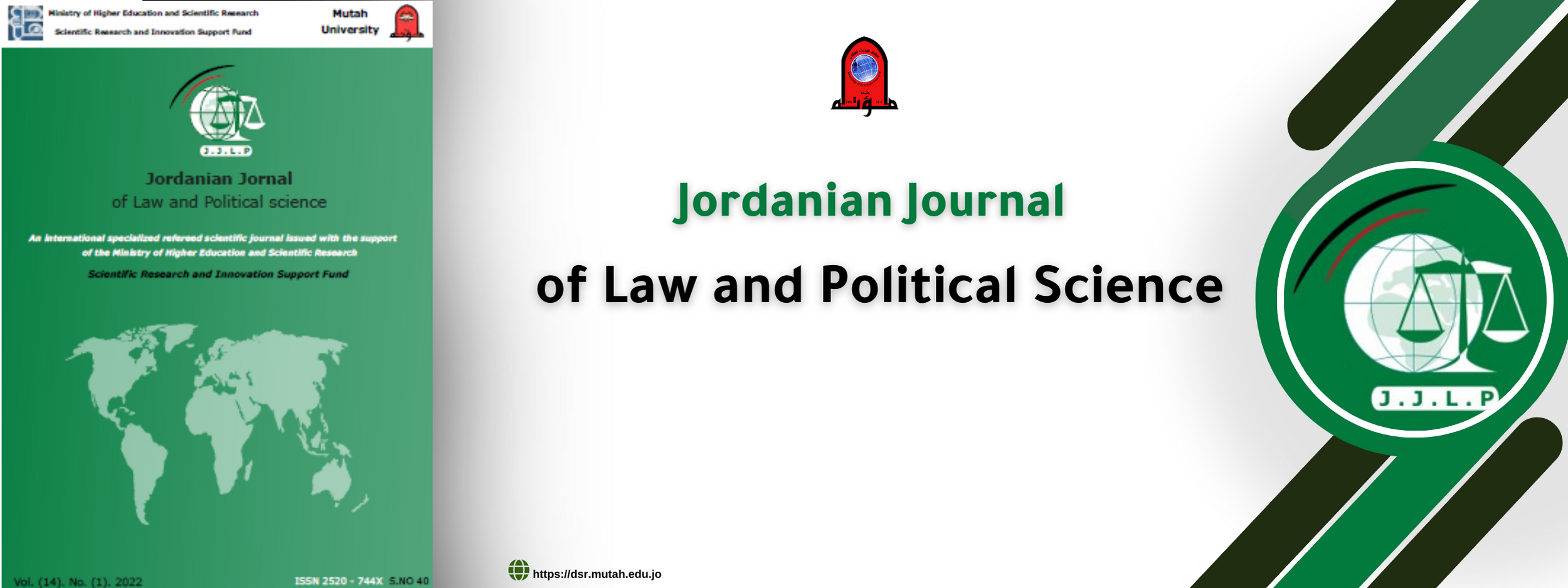The interrelationship in jurisdiction between the international and national judiciary
DOI:
https://doi.org/10.35682/jjlps.v16i3.634Keywords:
international judiciary, joint jurisdiction, ad-hoc international tribunals, sovereignty of states, international crimesAbstract
Joint jurisdiction is one of the principles that allows the international judiciary to compete directly with the national judiciary to consider cases of concern to the international group by requesting the dependence of the state on the authentic judicial state.
Joint jurisdiction specifies the relationship between the international and national judiciary by focusing on taking advantage of the effectiveness of the two judiciaries in order to reach the rules of justice، so His Highness is to eliminate the other، and at the same time، it is not objectionable to resort to aspects.
The actors of each judiciary separately in order to reach justice most shortly and effectively، according to the principled pre-trial procedures such as investigation and gathering evidence، as it is the most capable of the ground.
On the other hand، joint jurisdiction ensures a fair and impartial approach. It allows for reliance on domestic law for criminalization and punishment، while the authority to decide is given to the international judiciary. This is because the international judiciary، being the closest to neutrality and farthest from being affected by the dimensions of the internal affairs of the state، is best suited to handle cases that are in contact with the internal affairs of states.







